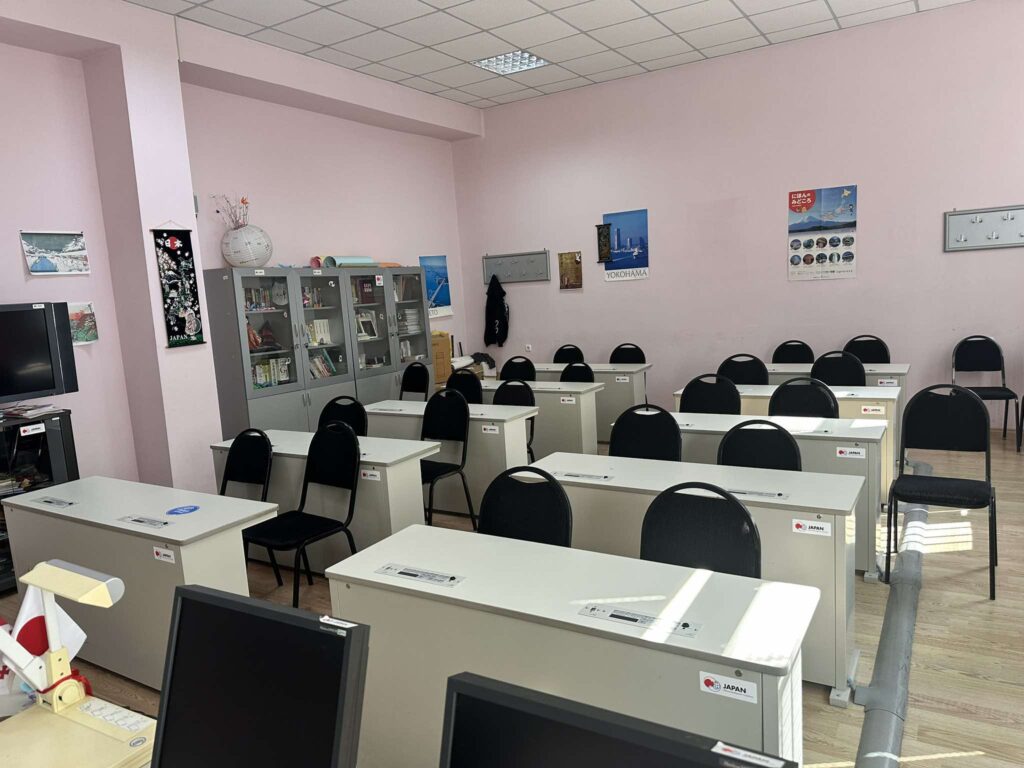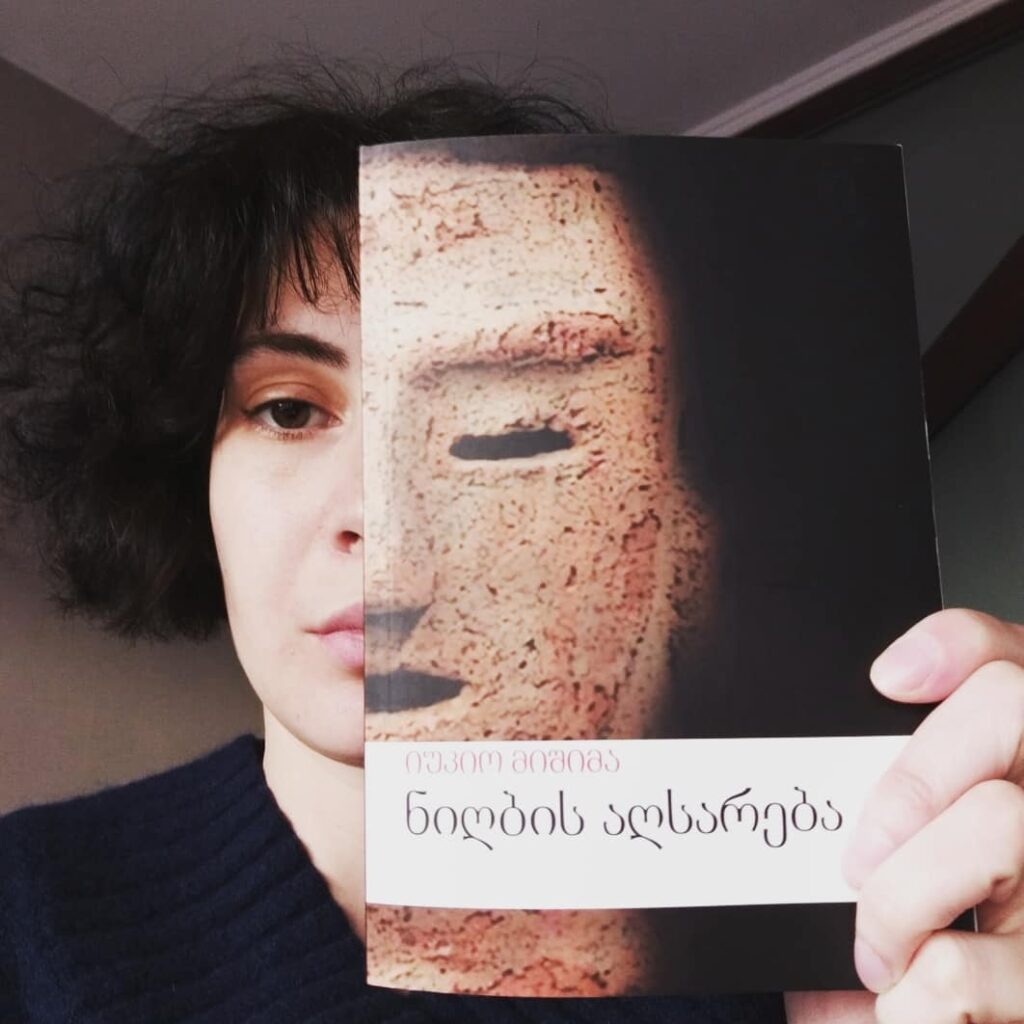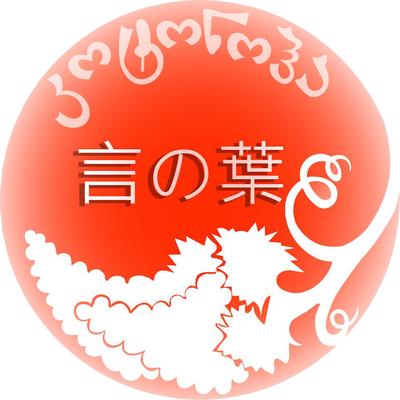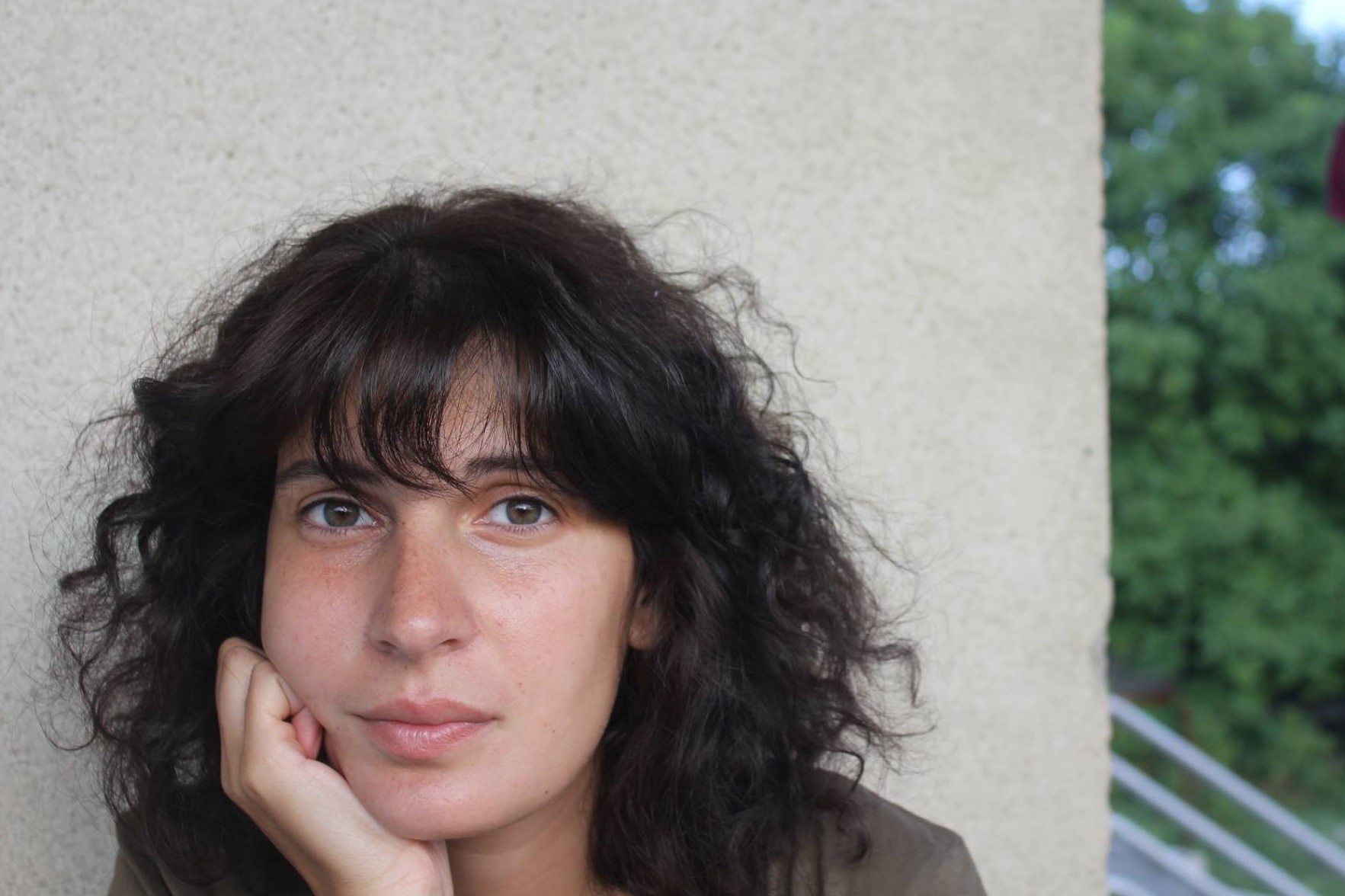【Profile】
Japanese Language Instructor / Translator. Graduated from the Tbilisi Institute of Asia and Africa in 2007 with a degree in Oriental Philology. Studied Japanese language and culture, and has been teaching Japanese at Tbilisi State University since 2009. During her student years, she was captivated by Japanese literature, particularly the works of Junichiro Tanizaki and Yasunari Kawabata. The first book she translated was Yukio Mishima’s “Confessions of a Mask,” which was selected as a finalist for the 2019 “Litera” Literary Award.
――What inspired you to start studying Japanese? When did you begin learning Japanese?
Tatia Memarnishvili:
Actually, I didn’t have a special interest in Japan at first. I wanted to become a journalist, so when I entered the Tbilisi Institute of Asia and Africa to study Oriental Philology, I had to choose an Asian language in addition to journalism and linguistics courses.
There was a list of languages to study, including Chinese, Korean, Arabic, and Persian. After thinking for about a minute, I chose Japanese because it seemed interesting. That one minute changed my life.
I have always loved reading, and I started reading Japanese literature to study Japanese. As I read more, I became very fond of Japanese literature and decided that I absolutely wanted to visit Japan. After graduating from university in 2007, I was accepted into the Japan Foundation’s Japanese Language Learners’ Visit Program and visited Japan for two weeks. The impression I had when I visited Japan was like a dream. After this two-week program, I started teaching Japanese as an assistant at Tbilisi State University. In 2019, I also participated in the Japan Foundation’s Japanese Language Teacher Training Program and received training in Japanese language education in Japan for six weeks.
――Tatia Sensei, you are responsible for teaching Japanese at Tbilisi State University. Why do your students want to study Japanese?
Tatia Memarnishvili:
The students’ motivation to study Japanese often comes from anime and manga. They want to watch anime without subtitles. Some students also aspire to study abroad in Japan.
My former students have pursued various careers, such as working in Japanese clinics, teaching at Japanese universities, or teaching Japanese in Georgia. This makes me very happy. A common trait among those who succeed in using Japanese in their careers is that they put in extra effort to study Japanese outside of university classes.
For students, kanji is challenging. As their level of study increases, the number of kanji they need to remember also increases. Additionally, when they reach grammar topics like honorifics, passive voice, and causative forms, some students struggle to continue their studies despite their hard work.
In my classes, I introduce movies, anime, and Japanese learning websites to encourage students to take the initiative in their studies

――You have also translated Japanese literature into Georgian. What inspired you to start translating?
Tatia Memarnishvili:
When I was a university student, I read Japanese folktales and novels by authors like Natsume Soseki as part of my Japanese studies and translated their content. It was challenging, but I took it as a personal challenge. At that time, the internet was not widely used, so I had to find ways to study Japanese on my own.
After graduating from university, I was away from translating Japanese literature for a while. However, in 2016, I was deeply moved when a Georgian friend translated and published Yukio Mishima’s “The Temple of the Golden Pavilion” into Georgian, and I wanted to try it myself.
I translated part of a novel by Natsume Soseki and sent it to a publisher. They suggested that I translate a book by another novelist instead of Soseki. This led to my first translation project, Yukio Mishima’s “Confessions of a Mask.”
Mishima’s books are filled with difficult words and expressions, making the translation very challenging. The deadline for the translation was four months, and the book was over 200 pages long, so I translated about 5-10 pages every day. It was tough, but I completed it. With editing and other processes, the book was finally published in 2019, about two years later.
Including “Confessions of a Mask,” I have translated six books into Georgian so far. What started as a hobby has become another profession for me. I love teaching Japanese and translating, and they have both become my passions.
――What do you think is necessary for Japanese language education and literature to further spread in Georgia in the future?
Tatia Memarnishvili:
At Tbilisi State University, Japanese language and culture have become a major field of study, and the number of students learning Japanese is increasing every year. Additionally, film festivals and anime festivals are held in Georgia.
I believe it is important to increase events related to Japanese language education and culture. Furthermore, if more Japanese companies enter Georgia, it will create more employment opportunities that utilize Japanese language skills, which will also motivate students.
The moment I encountered Japan as a university student was just a minute-long decision. However, it has now become my Ikigai, and I feel it was fate.
In the future, I hope to obtain a doctorate and continue teaching Japanese while also establishing methods for translating Japanese literature into Georgian.




